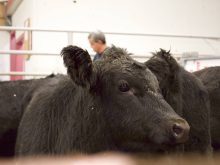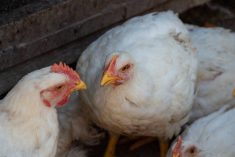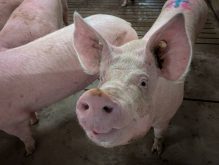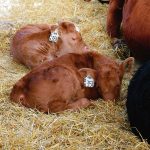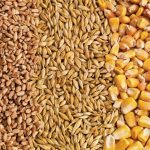The U.S. Department of Agriculture has confirmed the country’s first case of pandemic H1N1 influenza in a hog, following tests on samples collected at the Minnesota State Fair this summer.
Samples collected at the fair, held Aug. 27 to Sept. 7 in St. Paul, were part of a University of Iowa and University of Minnesota co-operative agreement research project funded by the U.S. Centers for Disease Control and Prevention, meant to document flu viruses where humans and pigs interact, at sites such as fairs.
“The infection of the fair pig does not suggest infection of commercial herds because show pigs and commercially raised pigs are in separate segments of the swine industry that do not typically interchange personnel or animal stock,” USDA emphasized in a release Monday.
Read Also
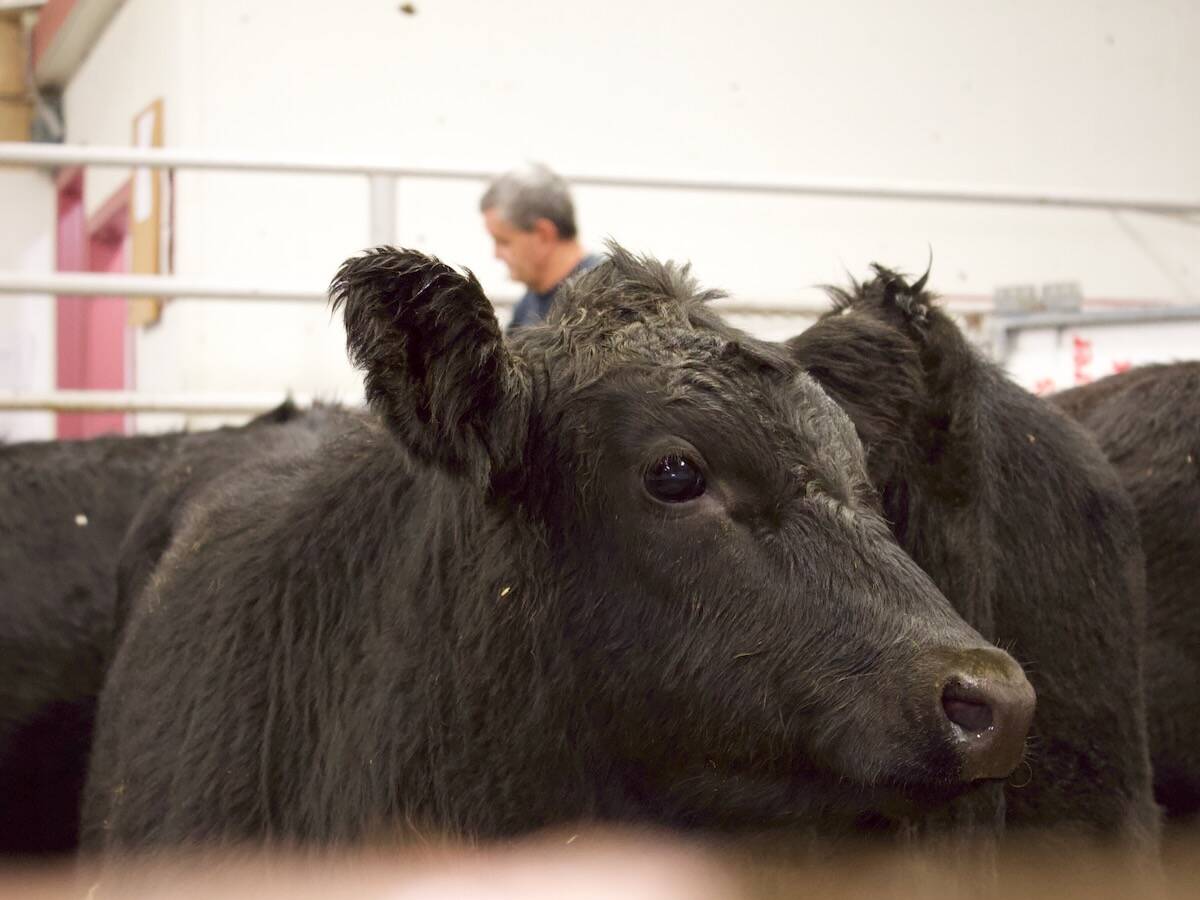
Cash incentive for CRSB Certified beef producers launched
The Canadian Roundtable for Sustainable Beef (CRSB) has launched an incentive payment for CRSB Certified producers.
“We have fully engaged our trading partners to remind them that several international organizations, including the World Organization for Animal Health, have advised that there is no scientific basis to restrict trade in pork and pork products,” U.S. Agriculture Secretary Tom Vilsack said in the same release. “People cannot get this flu from eating pork or pork products. Pork is safe to eat.”
An outbreak of 2009 pandemic H1N1 influenza had occurred in a group of children housed in a dormitory at the fair at the same time samples were collected from the pigs, but no direct link to the pigs has been made, USDA had said last week.
“Information available at this time would suggest the children were not sickened by contact with the fair pigs,” USDA said.
Fair officials had sent 120 teens home on Sept. 3 after four of them were diagnosed with the H1N1 virus, according to the Reuters news service, which noted the teens were members of a 4-H performing arts group.
A handful of countries have already reported cases of H1N1 in swine, including Canada, which has seen cases in herds in Alberta, Quebec and Manitoba.
Canada in July ended its quarantine policy on H1N1 in swine, moving instead to the same veterinary management and biosecurity practices used for other swine influenza viruses.





